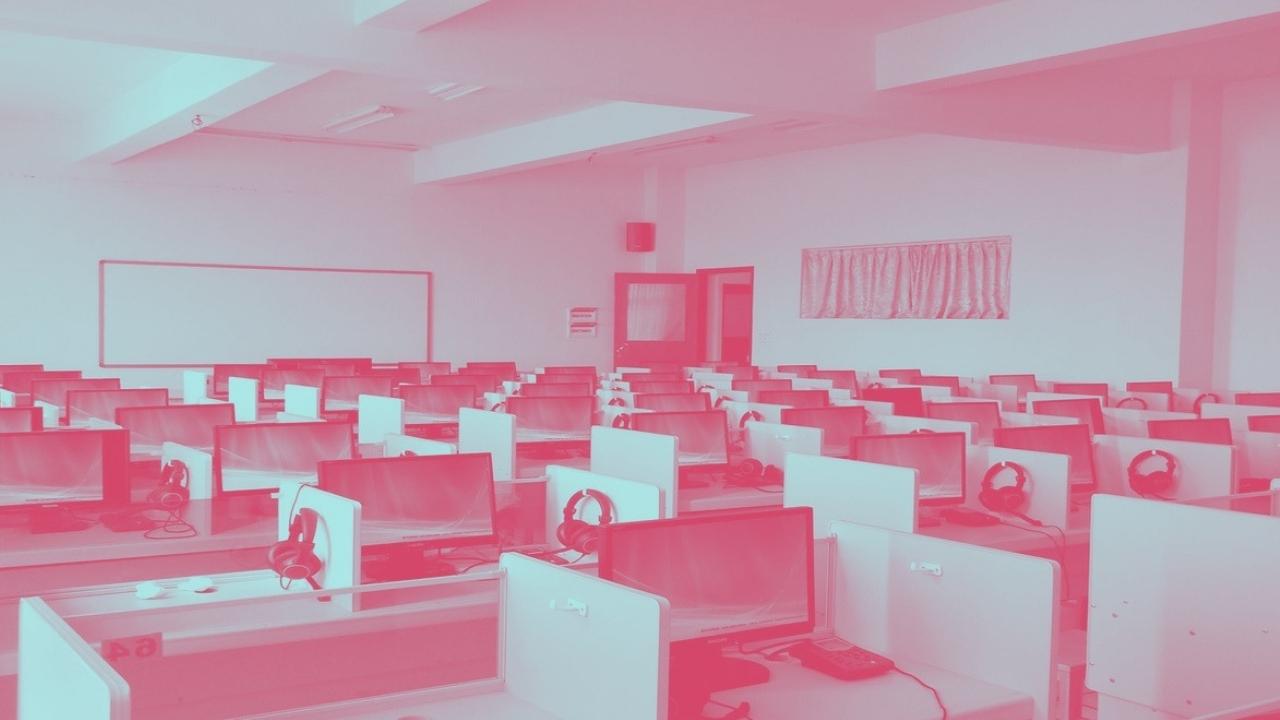Discussions over the future of the office have ramped up in recent years.
Proponents of a physical workplace argue that there is no replacement for the camaraderie created in these environments, while others support a more agile, distributed workforce that relies on technology to keep workers connected.
For architect Clive Wilkinson, the mind between Google’s California headquarters, the office is not dead. However, it does need to be reimaged.
“The office is the fermenting ground for people growing into successful adults,” said Wilkinson. “How would that ever be dead?”
On the other hand, Airbnb CEO Brian Chesky recently announced that he will work remotely moving forward, operating from various Airbnbs around the world to seemingly set an example of where the future of the workforce is heading.
According to Chesky, remote work has “untethered many people (obviously not everyone, but a large chunk) from the need to be in an office every day.”
Chesky added that the population of digital nomads is expected to grow, which means good things for his company.
However, the “large chunk” of people that Chesky is describing may not be as abundant as claimed, with the majority of the working population not being so lucky to work remotely throughout the last few years.
Although it is essential to find new ways to improve the working environment and experience of knowledge workers, companies shouldn’t forget that there is an entire group of people that are not being given the same opportunities.
So while businesses fixate on building optimal flexible work environments, thought leaders should think about how to improve the lives of service industry and blue-collar workers as well.



 Dr. Gleb Tsipursky – The Office Whisperer
Dr. Gleb Tsipursky – The Office Whisperer Nirit Cohen – WorkFutures
Nirit Cohen – WorkFutures Angela Howard – Culture Expert
Angela Howard – Culture Expert Drew Jones – Design & Innovation
Drew Jones – Design & Innovation Jonathan Price – CRE & Flex Expert
Jonathan Price – CRE & Flex Expert












